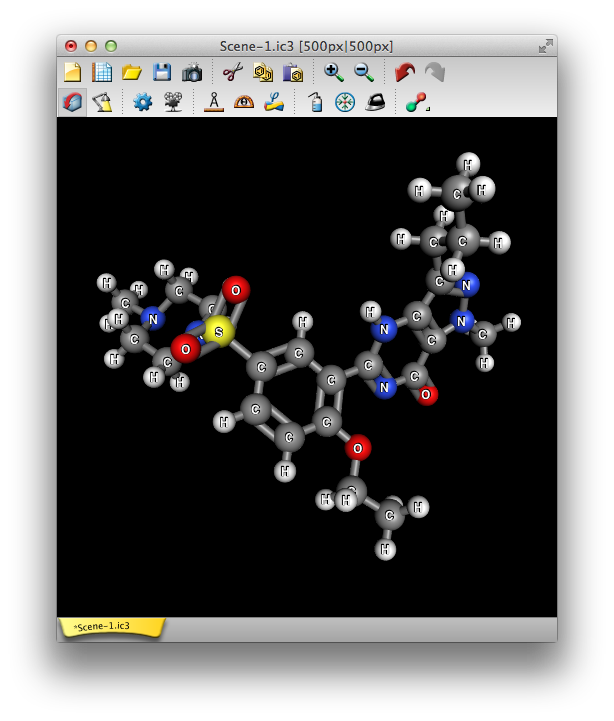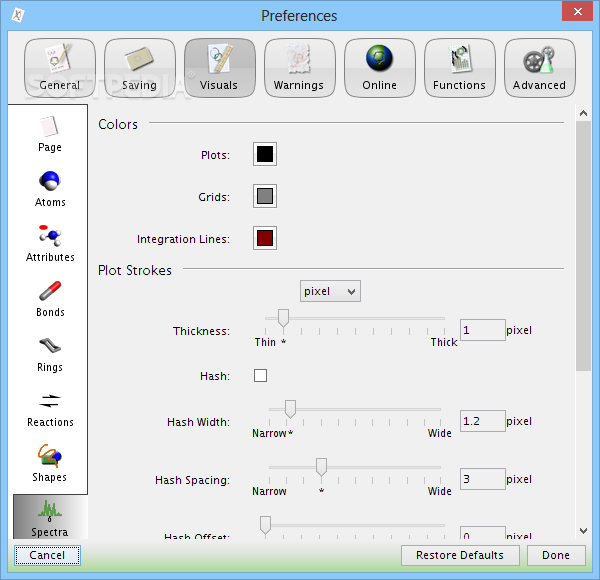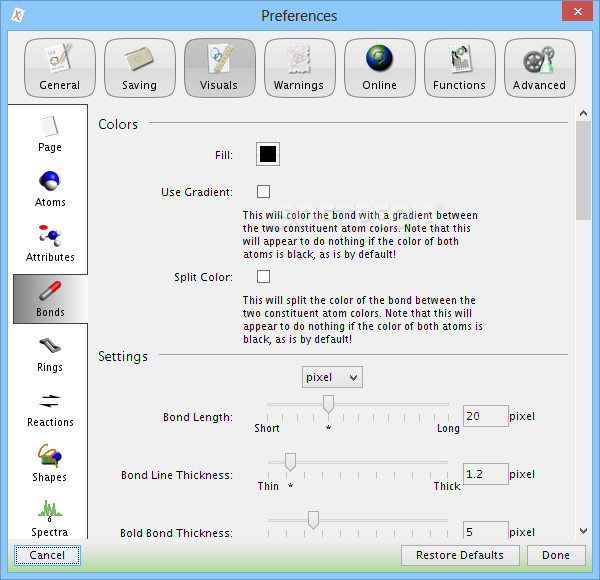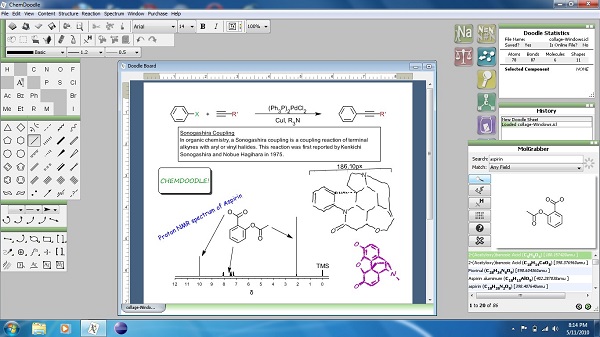
miltiorrhiza or Danshen) and Cynara scolymus (artichoke) are two natural products that are rich in phenolic acids and are widely cultivated in the field. Similar to polyphenols, phenolic acids are important healthy natural substances. found that the polyphenol “Rottlerin” isolated from Mallotus philippensis is a potent JAK2 kinase inhibitor with a good binding affinity (−9.3 kcal/mol).

Many natural substances, such as resveratrol, curcumin, caffeic acid and silibinin, have been reported to be involved in the JAK-STAT pathway in a manner beneficial to cancer prevention and treatment. Furthermore, derivatives of SalC, RosA, CY and SalA can yield better binding affinity or bioavailability scores, indicating that their structures may be suitable as scaffolds for the design of new JAK inhibitors. The docking results show follow-up studies of these phenolic acids as JAK inhibitors may be indicated. A SalC derivative with a binding affinity of −12.2 kcal/mol was designed while maintaining this relationship. The benzofuran core of SalC, the compound with the greatest binding affinity, sits near Leu959, such as Tofacitinib’s pyrrolopyrimidine.

Their predicted configurations enable hydrogen bonding with the hinge region and N- and C-terminal lobes of the JAK kinase domain. The JAK binding affinities obtained by docking Rosmarinic acid (RosA), Salvianolic acid A (SalA), Salvianolic acid C (SalC), Lithospermic acid, Salvianolic acid B and Cynarin (CY) to JAK (PDB: 6DBN) with AutoDock Vina are −8.8, −9.8, −10.7, −10.0, −10.3 and −9.7 kcal/mol, respectively.

Previous studies have shown the immunoregulatory and anti-inflammatory effects of Salvia miltiorrhiza and Cynara scolymus and suggest that the bioactivity of their phenolic acids involves the JAK-STAT pathway, but it is unclear whether these effects occur through JAK inhibition.

JAK inhibition is a new strategy for treating autoimmune and inflammatory diseases.


 0 kommentar(er)
0 kommentar(er)
